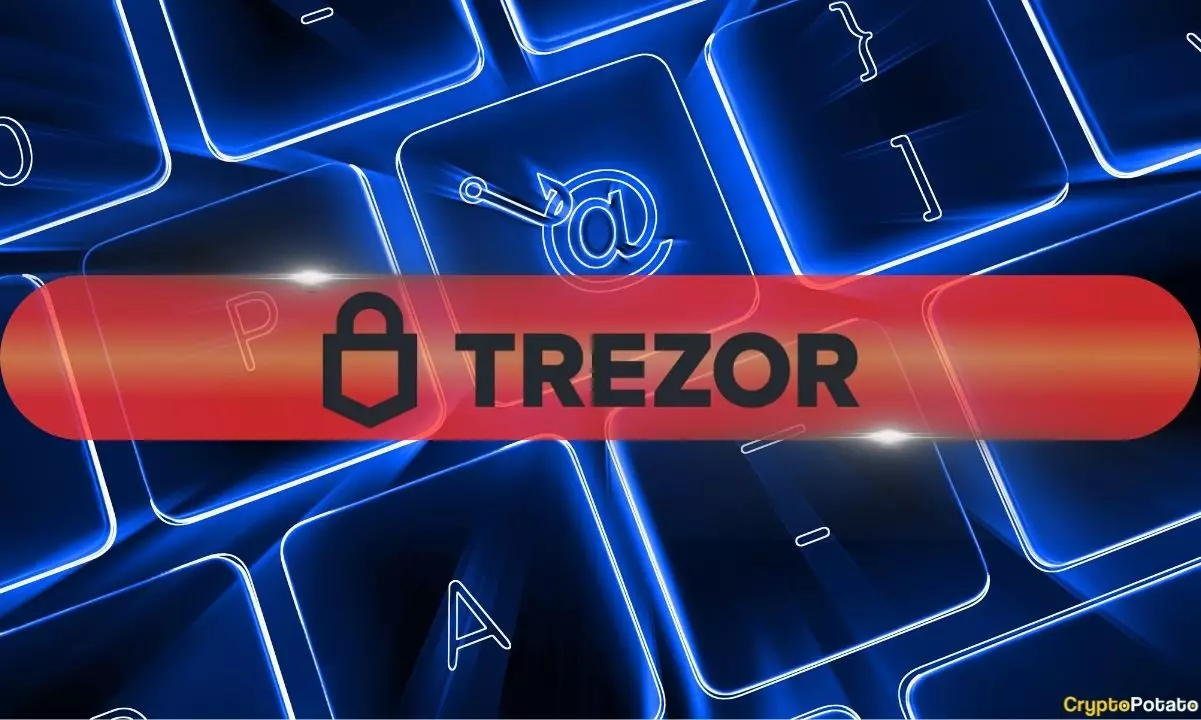The recent breach of Trezor’s official Twitter account has sent shockwaves through the cryptocurrency community. This incident, likely orchestrated through a SIM swap attack, resulted in a flood of fraudulent messages promoting fake token sales and wallet scams. The compromised account posted about a fictitious “$TRZR” token presale on the Solana network, leading unsuspecting users to send funds to a malicious wallet address.
Thanks to the prompt actions of vigilant users and the Crypto security service Scam Sniffer, many of the fraudulent posts were swiftly removed, mitigating potential damages caused by the scam. However, the fact that the hacker was able to siphon off approximately $8,100 from Trezor’s Zapper account highlights the audacity and sophistication of the attack.
Industry insiders, including prominent figures like John Holmquist, have expressed disappointment over Trezor’s apparent lack of robust security measures such as two-factor authentication (2FA). The need for companies like Trezor to prioritize account security is paramount, especially given their position as a leading hardware wallet provider in the industry. The irony of a security-focused company falling victim to such an attack has not gone unnoticed by the crypto community.
This breach is not the first setback for Trezor, as they faced a security incident in January that exposed the contact information of nearly 66,000 users. Despite these challenges, Trezor remains a popular choice in the industry, having sold over two million hardware wallets since its establishment in 2012. Their current lineup of products offers secure offline storage for over 9,000 different coins.
The recent compromise of Trezor’s official Twitter account serves as a stark reminder of the importance of maintaining account security in the crypto industry. Companies must prioritize robust security measures to protect their users and prevent malicious attacks. Vigilance, swift action, and continuous improvement of security protocols are essential in safeguarding against potential threats and ensuring a safe environment for all participants in the cryptocurrency space.















